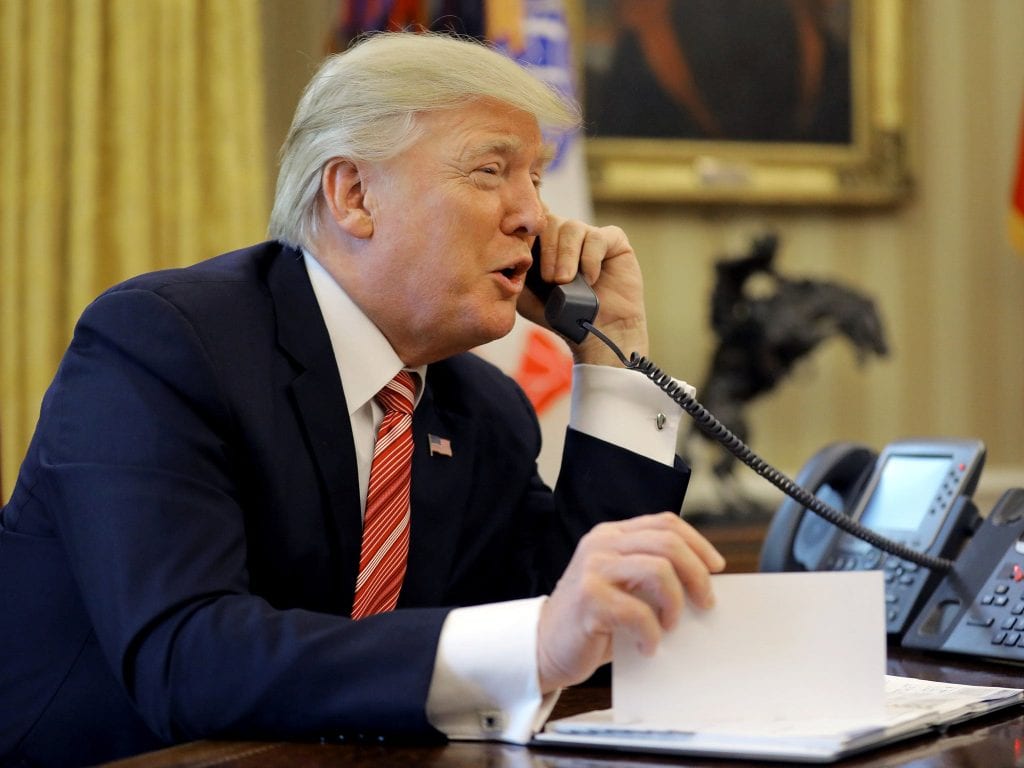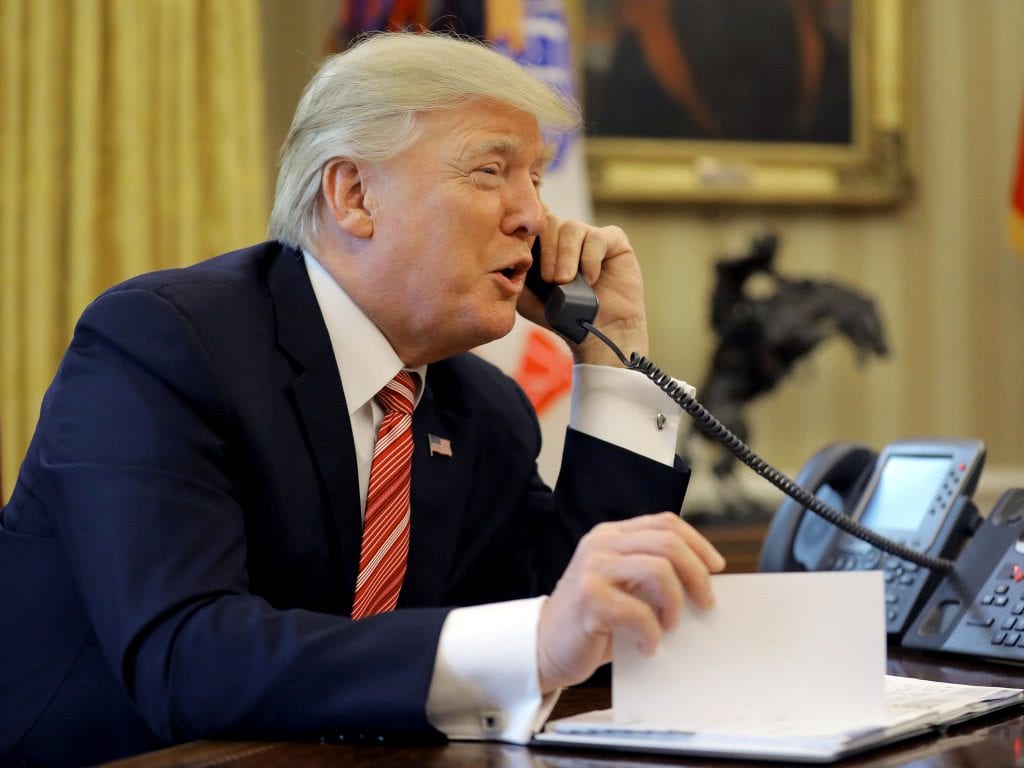
President Trump has informed senior aides that he will decide on whether to authorize strikes against Iran within the next two weeks, White House Press Secretary Karine Jean-Pierre said on Wednesday. The announcement underscores the growing impatience in Washington with Tehran’s refusal to curb its nuclear aspirations, even as diplomatic efforts continue in Europe.
On Friday, foreign ministers from Germany, France, and the United Kingdom plan to meet with Iranian envoys in Geneva. Their objective is twofold: to persuade Iran to de-escalate regional tensions and to negotiate a rollback of its nuclear program. Western officials hope that sustained diplomatic engagement will offer Tehran a face-saving exit and avert military confrontation.
Meanwhile, the Israeli–Iranian exchange of fire entered its seventh day. An Iranian missile strike on an Israeli hospital caused significant damage but, according to local authorities, did not result in civilian casualties. In retaliation, the Israel Defense Forces reported targeting some 100 sites across Iran overnight, including the heavy-water reactor near Arak and a facility at Natanz linked to uranium enrichment for nuclear-weapons development.
Trump has signaled that he is withholding a final decision on military action to see whether mounting pressure—both diplomatic and military—will compel Iran to abandon its nuclear ambitions. “I may do it, I may not do it,” he told reporters Tuesday, adding that the coming week “is going to be very big, maybe less than a week” in determining Tehran’s next steps.
In recent days, the United States has bolstered its military posture in the region. A third Navy destroyer has joined the eastern Mediterranean fleet, and a second carrier strike group is en route to the Arabian Sea. Pentagon officials describe the deployments as defensive, but analysts note they also serve as a strategic lever to urge Tehran toward concessions.
Iranian Supreme Leader Ayatollah Ali Khamenei has vowed that his country will “never surrender,” warning that any U.S. attack would yield “irreparable consequences” for American interests in the Middle East.
Key Developments
Israeli Response: Prime Minister Benjamin Netanyahu denounced Iran’s hospital strike as the act of “terrorist tyrants” and vowed to continue dismantling Tehran’s nuclear and missile infrastructure “step by step.”
IAEA Statement: The United Nations’ nuclear watchdog confirmed there was no radioactive leak at the Khondab heavy-water reactor following the Israeli raid.
U.S. Evacuations: The U.S. Embassy in Tel Aviv is coordinating evacuation flights for American citizens, Ambassador Mike Huckabee announced.
Casualty Figures: According to the WSJ, Human-rights monitors report at least 639 fatalities in Iran and 24 deaths in Israel stemming from the recent exchanges of fire.
The article was originally published on Politics Nigeria.



